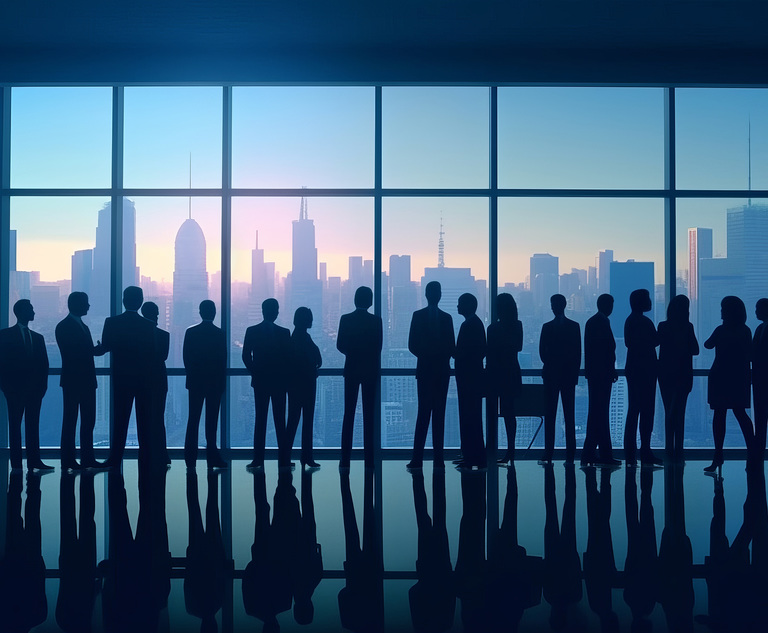At the start of 2020, before any Americans had heard of the COVID-19 virus, the United States was home to a half-million homeless people, over 2 million in prisons, 27 million without health insurance, 37 million struggling with hunger and tens of millions with untreated addiction or mental health problems. Beyond these sobering figures, 40% of our adult population lacked cash to cover emergency expenses.
The numbers are all critical in understanding the roots of the “access to justice” crisis that has been receiving increasing attention in this publication and elsewhere, particularly as influential voices across the legal profession have called for radical changes to how legal services in the United States are regulated and provided. That has included, most controversially, opening the doors to certain forms of nonlawyer representation and ownership.











